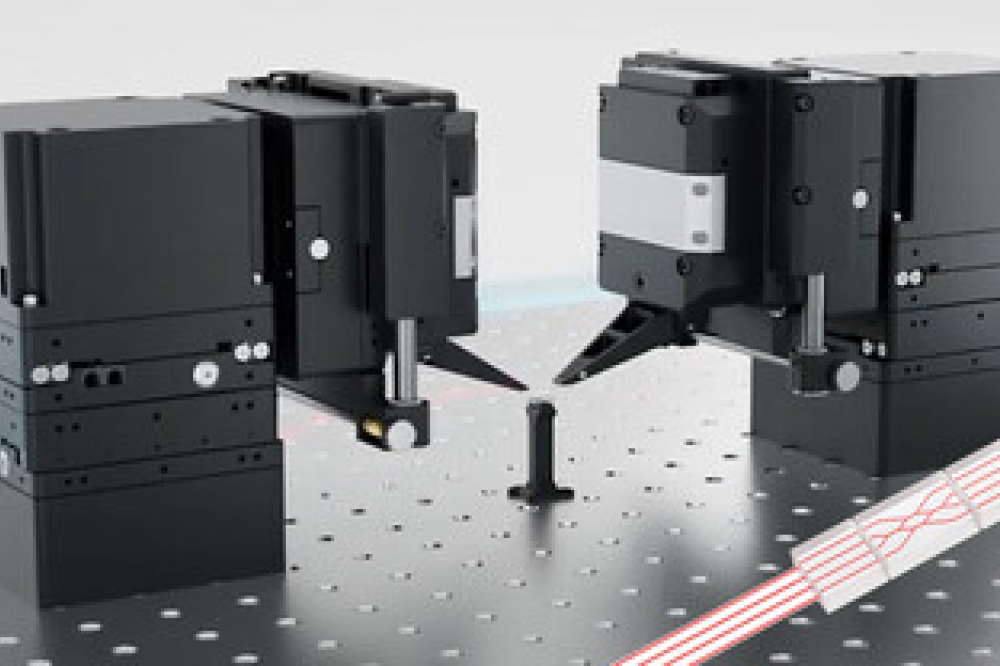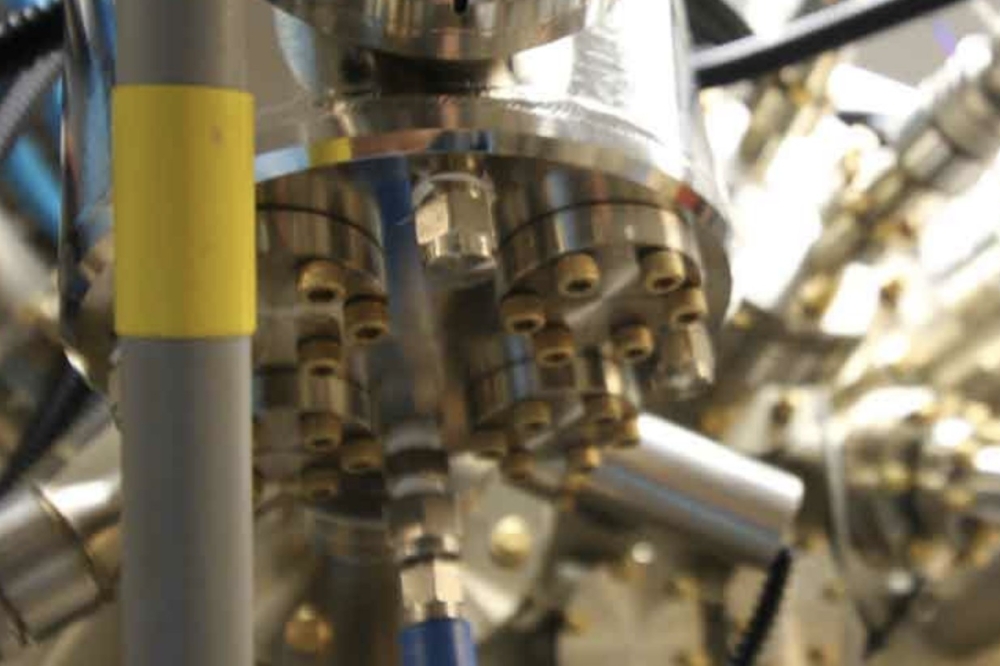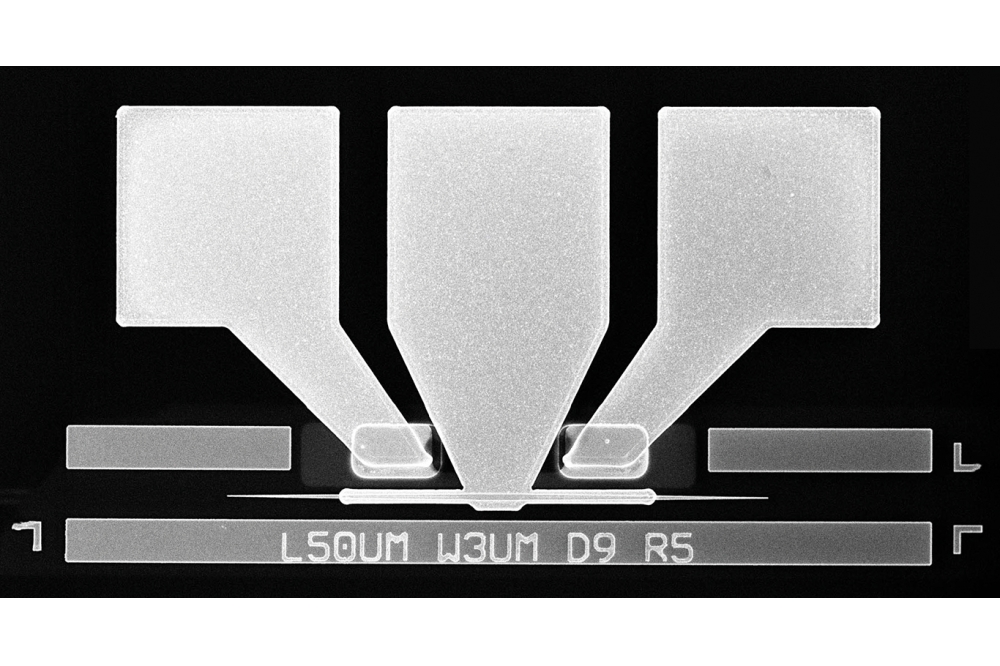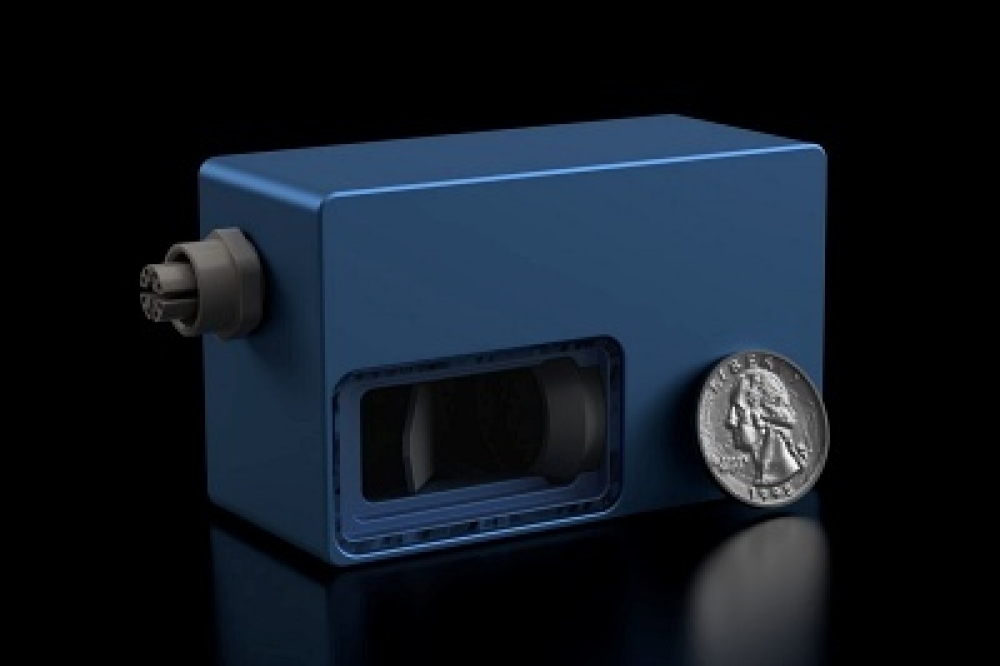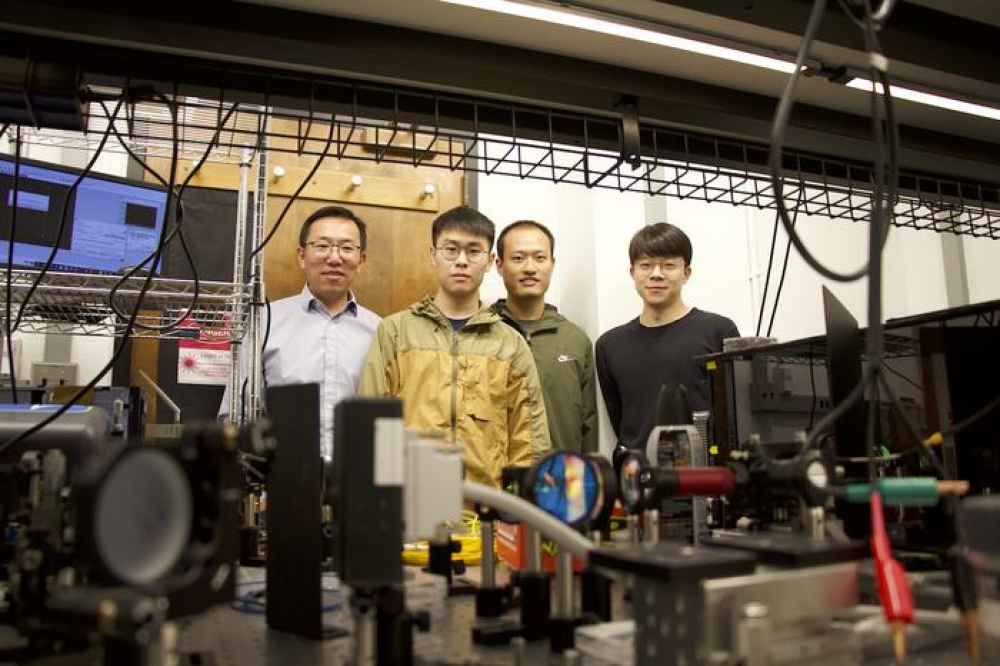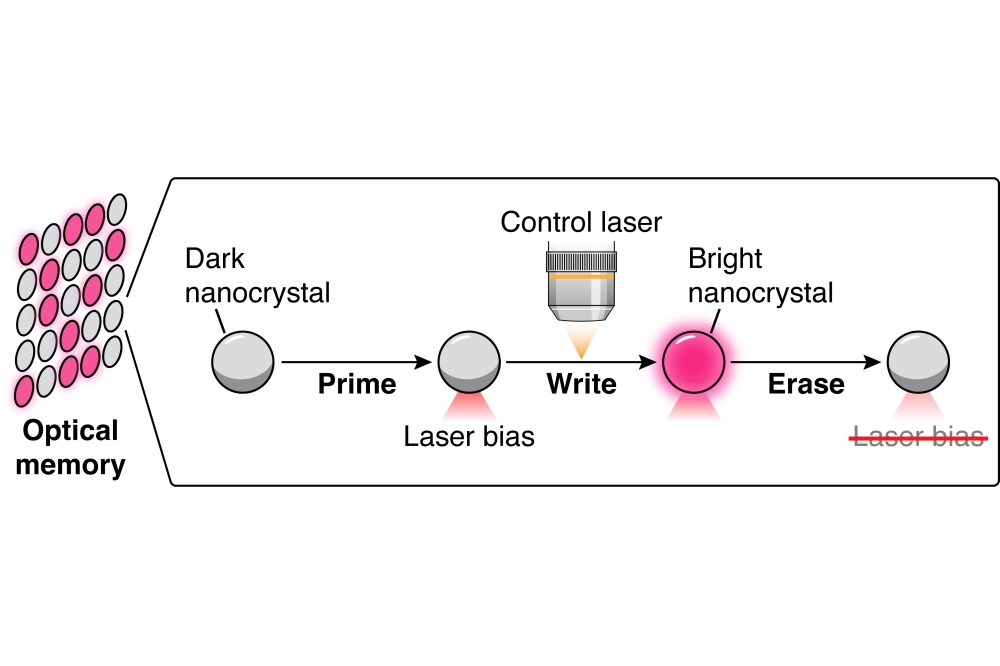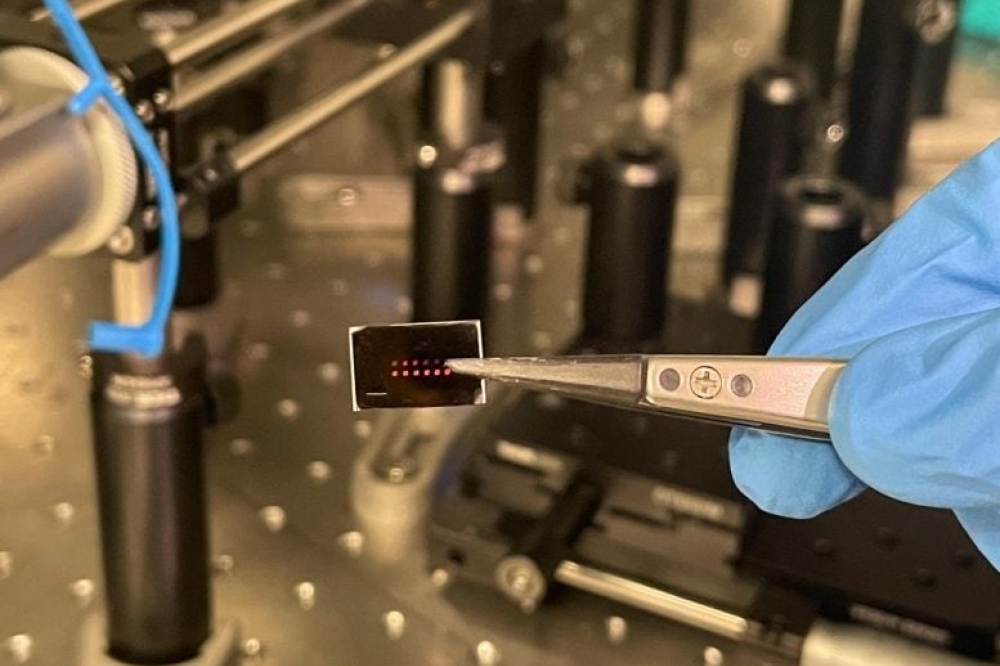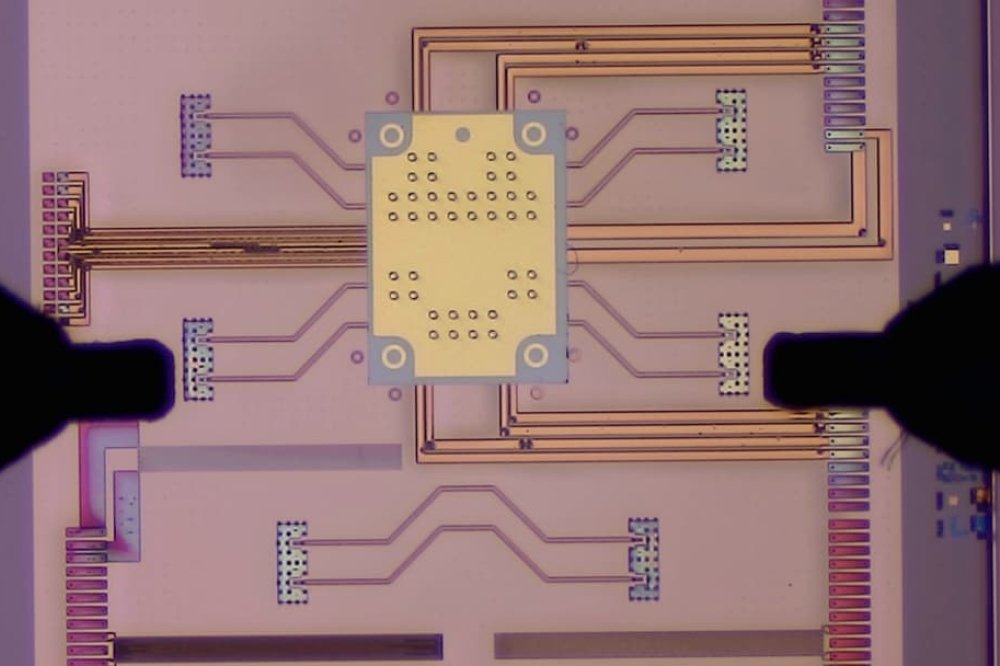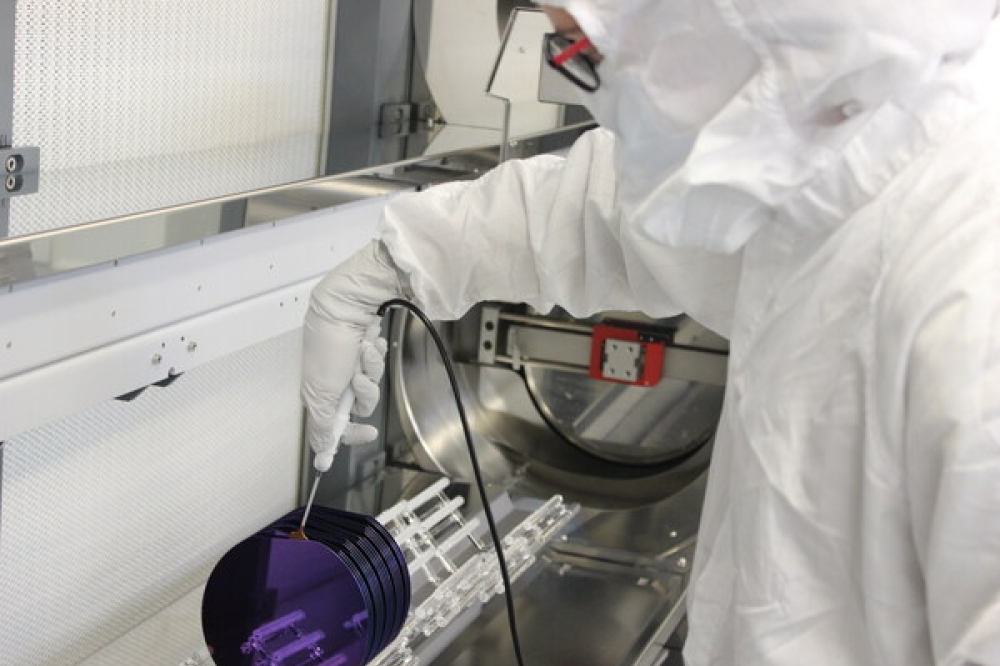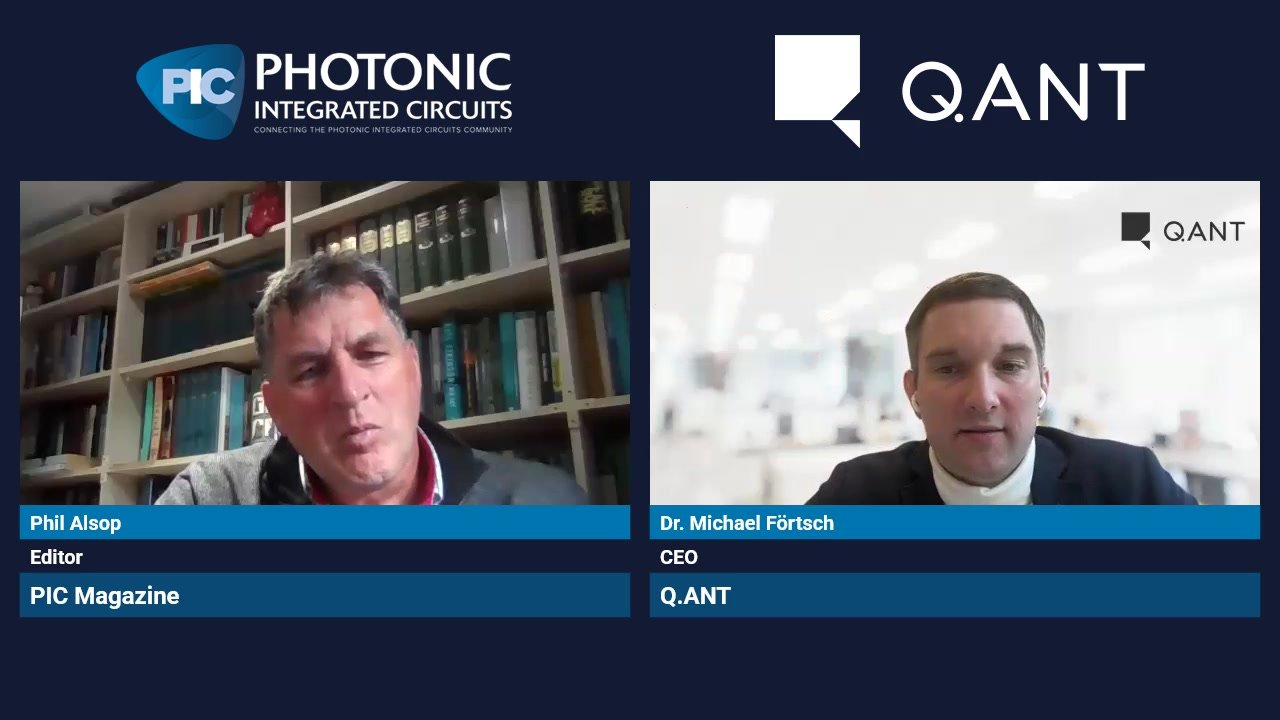Lightmatter raises $400 million funding for datacentre photonics

The company plans to use the investment to prepare its product, Passage, which it describes as the first photonic engine to deliver I/O in 3D, for mass deployment in datacentres, enabling the scaling required for AI
The photonic supercomputing company Lightmatter has announced it has raised a $400 million Series D, valuing the company at $4.4 billion and bringing the total capital raised to date to $850 million. The round was led by new investors advised by T. Rowe Price Associates, Inc. with participation from existing investors, including Fidelity Management & Research Company and Google Ventures. With this financing, Lightmatter plans to ready its photonic engine, Passage, for mass deployment in partner datacentres, to enable the scaling required for sustained AI innovation.
“We’re not just advancing AI infrastructure – we’re reinventing it,” said Lightmatter co-founder and CEO Nick Harris. “With Passage, the world’s fastest photonic engine, we’re setting a new standard for performance and breaking through the barriers that limit AI computing. This funding accelerates our ability to scale, delivering the supercomputers of tomorrow today.”
As frontier AI models expand and training clusters surpass 100,000 XPUs, traditional electronic interconnects are becoming a critical bottleneck. These interconnects can’t keep pace with the growing need for high-bandwidth, low-latency data movement, which is crucial for scaling AI workloads. Lightmatter says its Passage technology addresses this challenge by leveraging 3D-stacked photonic chips to move data. According to the company, this development dramatically increases AI cluster bandwidth and performance, while reducing power consumption.
Lightmatter describes Passage as the first photonic engine to deliver I/O in 3D, and says it frees XPU shoreline to support more memory, addressing another critical bottleneck for scaling AI performance. By transforming data movement across AI clusters, Lightmatter says it enables systems to scale efficiently, unlocking new levels of performance and preparing computing infrastructure for the demands of next-generation AI models.
“Lightmatter has the technology, leadership, and team to bring the industry the future of computing through photonics,” said Tony Wang, portfolio manager of the T. Rowe Price Science & Technology Fund. “The demand for AI supercomputers that will power the next wave of frontier AI models is strong and growing. We’re pleased to back Lightmatter on their mission to help power AI infrastructure.”
Erik Nordlander, general partner at Google Ventures, said: “AI is evolving faster than anyone could have predicted, pushing the limits of datacentre technology. Photonics isn’t just a breakthrough; it’s the future of million-xPU datacentres for AI. We’ve proudly supported Lightmatter since the beginning, and after six years, our belief in their vision has only grown stronger. Lightmatter is the definitive leader in datacentre photonics, and we’re excited to stand behind them as they unlock the next era of AI innovation and scale.”



